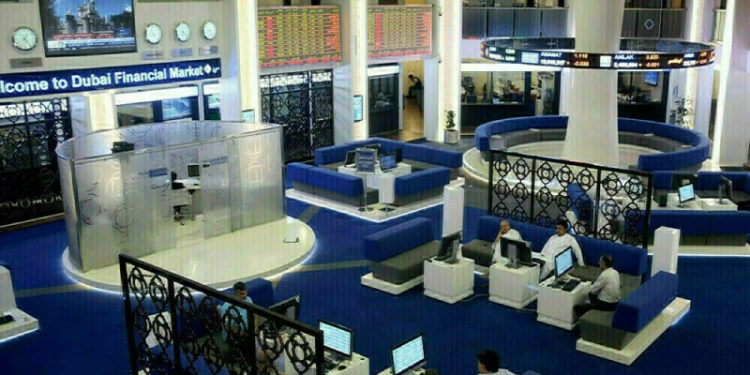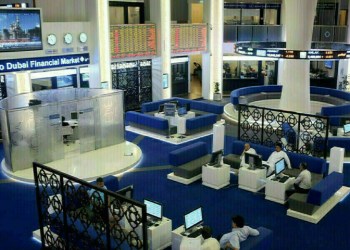LONDON: Germany’s 10-year bond yield rose to a three-week high on Monday as hopes that a US-led strike on Syria would not escalate into a broader conflict supported appetite for risk assets, denting demand for fixed income.
The premium investors demand for holding Spanish government bonds over German peers fell to a one-week low after ratings agency Moody’s upgraded Spain’s ratings on Friday, marking the third ratings upgrade for the southern European state this year.
But bond markets overall were on the back foot.
That came as stock markets in Europe opened higher and risk appetite appeared to be holding up well after the United States, France and Britain on Saturday launched 105 missiles targeting chemical weapons facilities in Syria in retaliation for a suspected poison gas attack in Douma on April 7.
“There is some relief that a direct confrontation between the US and Russia over Syria has been avoided,” said DZ Bank rate strategist Daniel Lenz.
“The second thing is that there has been less news about trade conflict between the US and China, so this may also be a reason why yields are unchanged to higher.”
Financial markets have been roiled in recent weeks by threats of tit-for-tat trade tariffs worth tens of billions of dollars between the Trump administration and China. If implemented, these will very likely damage world growth.
In early trade, 10-year bond yields across the single currency bloc were up 2 to 4 basis points higher on the day.
Germany’s benchmark Bund yield was at 0.549 percent , its highest in three weeks.
As US bond yields rose, the gap between 2-year US and German bond yields pushed out to its widest since March 1989 at 296 bps.
Spain’s 10-year bond yield spread over Germany was at its narrowest in a week at 71 bps after Friday’s Moody’s upgrade.
Moody’s upgraded Spain’s ratings to Baa1 from Baa2 and said that improvements in the country’s credit profile outweighed a drag from political factors.
Slovakia is scheduled to sell long-dated bonds later in the session, kicking off this week’s bond supply from the bloc which analysts estimate could reach up to 16-17 billion euros.
With redemptions from maturing bonds not expected to kick in until late in the month, that supply pressure was expected to push bond yields higher at the start of the week as investors cheapened existing bonds to make way for new supply.
Source: Brecorder



























